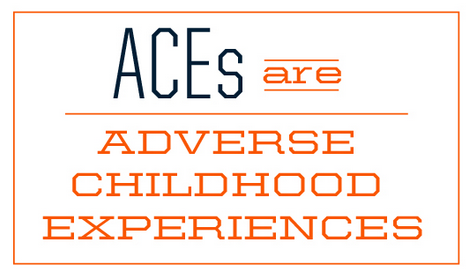Adverse Childhood Experiences (ACEs) are stressful or traumatic experiences that disrupt the safety and stability children need to thrive. ACEs create toxic stress, which disrupts brain development, physically altering DNA.
When children with ACEs grow up, they are more likely to experience poor medical and mental health outcomes, as well as issues such as violence and incarceration.
The more ACEs you have, the more likely you are to experience these outcomes, especially if your score is 4 or higher.
- More than 60% of Tennesseans have at least 1 ACE, and
- Nearly 1 in 4 has 3 ACEs.
The ACE scale includes ten questions related to issues such as physical abuse, sexual abuse, drug and alcohol abuse in the household, as well as depression and whether a household member was incarcerated.
Resiliency
An ACE score is a set of facts, not fate. It doesn’t take into account in lifestyle, genetics or positive experiences that build resilience. The most powerful buffer against toxic stress and ACEs is the presence of one caring, safe adult.
The ACE survey is a tool that helps people determine their risk factors and why they might act or feel the way they do, and it should be used as a starting point. View the resiliency scale here.
Education
When communities educate themselves about toxic stress and ACEs, it:
- Promotes positive parenting
- Reduces adverse childhood experiences
- Promotes violence-free homes
Use these links to learn more:
- ACE Study — CDC
- Take the ACE Quiz (+ What It Does & Doesn’t Mean)— NPR
- Tennessee Commission on Children & Youth: Tennessee’s ACEs Initiative
- kidcentral tn: Protecting Your Child and Building Resiliency
- ACE Awareness Foundation
- Centers for Disease Control and Prevention
- Robert Wood Johnson Foundation

